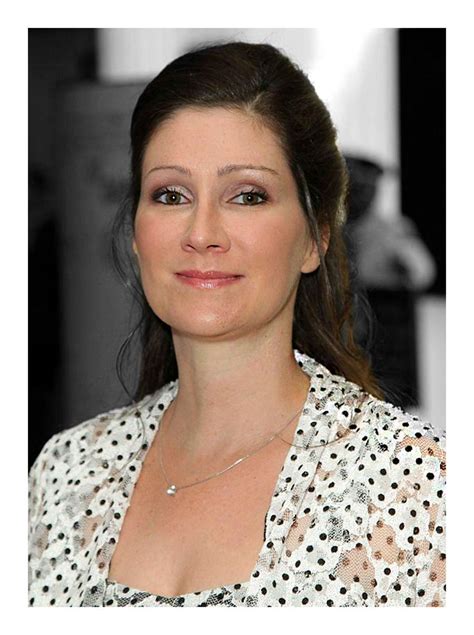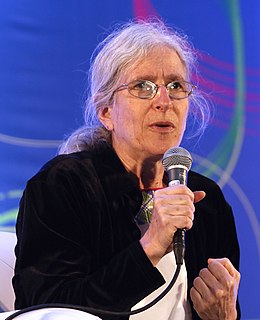A Quote by Jacob Rees-Mogg
There is sometimes an almost vindictive streak in politics whereby governments follow policies which they know will harm the electorate, but nonetheless, they keep them, sometimes for years. The Corn Laws are a classic example.
Related Quotes
Neil Young is my hero, and such a great example. You know what that guy has been doing for the past 40 years? Making music. That's what that guy does. Sometimes you pay attention, sometimes you don't. Sometimes he hands it to you, sometimes he keeps it to himself. He's a good man with a beautiful family and wonderful life.
Sometimes I think that if I had to choose between an ear of corn or making love to a woman, I'd choose the corn. Not that I wouldn't love to have a final roll in the hay - I am a man yet, and something never die - but the thought of those sweet kernels bursting between my teeth sure sets my mouth to watering. It's fantasy, I know that. Neither will happen. I just like to weight the options, as though I were standing in front of Solomon: a final roll in the hay or an ear of corn. What a wonderful dilemma. Sometimes I substitute an apple for the corn.
Like other discriminatory legislation in our country's history, immigration laws define and differentiate legal status on the basis of arbitrary attributes. Immigration laws create unequal rights. People who break immigration laws don't cause harm or even potential harm (unlike, for example, drunk driving, which creates the potential for harm even if no accident occurs). Rather, people who break immigration laws do things that are perfectly legal for others, but denied to them--like crossing a border or, even more commonly, simply exist.
Biography always has fulfiled this role. Robinson Crusoe is a biography, as is Tom Jones. You can go through the whole range of the novel, and you will find it is biography. The only difference between one example and the other is that sometimes it's a partial biography and sometimes it's a total biography. Clarissa, for example, is a partial biography of Clarissa and a partial biography of Lovelace. In other words, it doesn't follow Lovelace from when he is in the cradle, though it takes him to the grave.
I heartily accept the motto, "That government is best which governs least"; and I should like to see it acted up to more rapidly and systematically. Carried out, it finally amounts to this, which also I believe — "That government is best which governs not at all"; and when men are prepared for it, that will be the kind of government which they will have. Government is at best but an expedient; but most governments are usually, and all governments are sometimes, inexpedient.
































